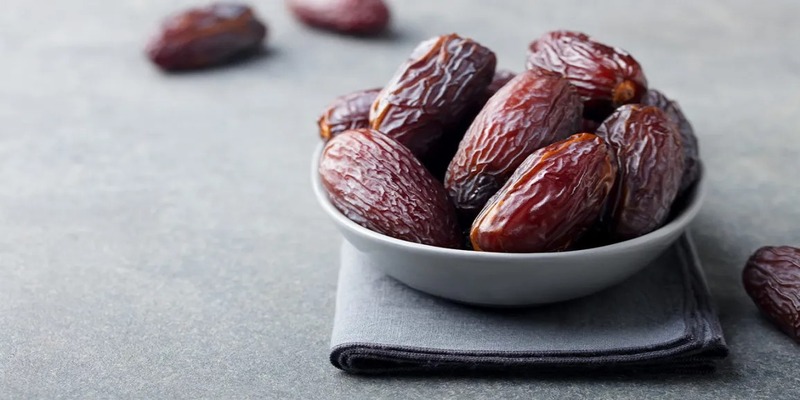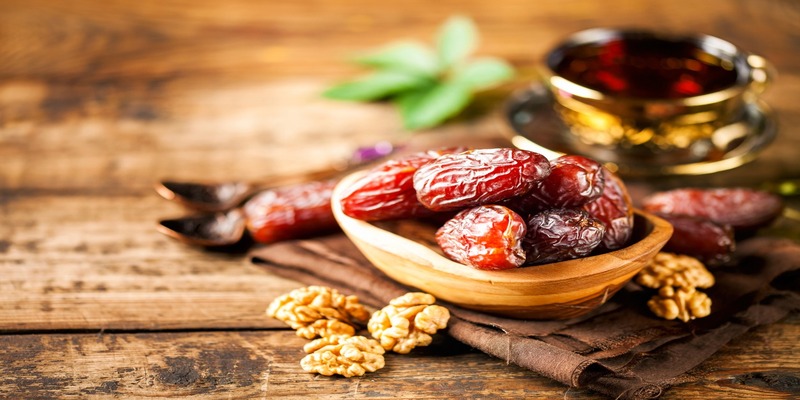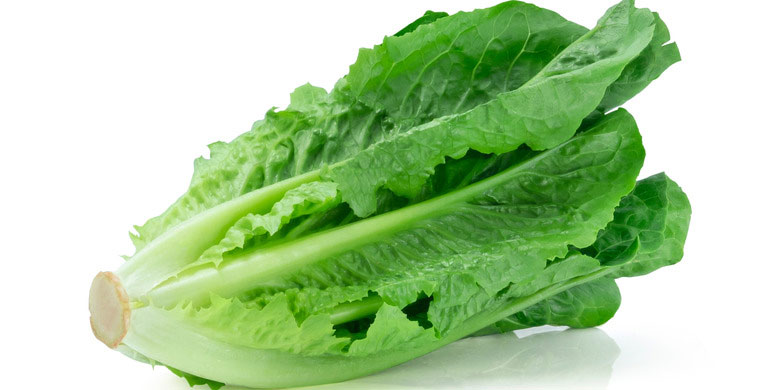The date palm tree, harvested from which dates may flourish in many humid climates. In recent decades, dating has grown increasingly common. The vast majority of date products offered in the West are dehydrated.
Dates' look changes when they dry, so you can tell if they've been dried. Dried skin has wrinkles, but new skin is smooth. Fresh dates can be anything from bright red to brilliant yellow and tend to be on the smaller side.
The Medjool and the Deglet Noor are two of the most popular types of dates. Dates have a pleasant chewy texture and a mildly sweet taste. They offer a lot of health benefits and practical applications, and they're packed with essential nutrients.
Nutrient-Rich

Dates are a great snack since they are full of healthy nutrients. As a result of drying, their calorie count is more significant than that of fresh fruit. Dates have a calorie content compared to other dried fruits like raisins and figs.
Dates are rich in carbohydrates, which account for most of their calories. The remaining ones come from the tiny quantity of protein consumed. Dates are high in fiber and include several beneficial vitamins and minerals despite their calorie content.
Rich In Fiber
Consuming a diet high in fiber has been linked to improved health. Dates are an excellent source of fiber since a 3.5-ounce serving contains about 7 grams of fiber. The digestive system can benefit from fiber because it helps keep bowel movements regular.
By aiding in feces production, it encourages frequent bowel motions. After eating seven dates daily for 21 days, participants in one research had significantly more bowel movements and a more significant improvement in stool frequency than when they did not eat dates.
As a bonus, the fiber in dates may help regulate blood sugar levels. Fiber delays digestion, which may reduce post-meal blood sugar spikes. This is why the glycemic index (GI), a measure of how rapidly your blood sugar increases after eating a given item, gives dates a low score.
Antioxidant-Rich
The antioxidants included in dates contribute to a lower chance of developing many ailments. Free radicals are unstable chemicals that may trigger detrimental reactions in the body and even illness, but antioxidants neutralize them before they can do any damage. Dates appear to have the highest antioxidant concentration among related fruits, such as figs and dried plums.
Brain Health Benefits
Researchers have shown that eating dates can have a beneficial effect on cognitive performance. Research in the lab has shown that dates can help reduce brain inflammatory indicators like interleukin 6.
Neurodegenerative illnesses, such as Alzheimer's, are linked to elevated IL-6 levels. Accumulating plaques in the brain can disrupt cell-to-cell communication, leading to cell death and eventually Alzheimer's.
Mice given chow-containing dates performed better on memory and learning tests and exhibited less anxious behavior than mice given a control diet. Dates may benefit cognitive function since they contain flavonoids and other anti-inflammatory substances.
May Enhance Natural Labor

In late-term pregnancies, dates have been researched for their potential to stimulate and ease labor. Eating these fruits in the last weeks of pregnancy may aid cervical dilatation and reduce the need for birth induction.
They could get assistance with labor time reduction as well. In a 2011 meta-analysis, researchers pooled the results of trials in which pregnant women ingested dates before their due date and discovered that those who ate dates were in labor for a shorter time than those who did not. It was revealed in a study conducted in 2017 on a total of 154 pregnant women that those who consumed dates were much less likely to require induction of labor.
Similar findings were reported in a third trial, which followed 91 pregnant women who began eating 70-76 grams of dates daily at the 37-week mark of their pregnancies. The average time spent in labor was reduced by 4 hours for those who consumed dates compared to those who did not.
Organic Sweetener
Fructose, a kind of sugar found in fruits, may be present in dates. This explains why dates are very sugary, with an almost caramel flavor. Since they include vitamins, minerals, fiber, and antioxidants, they may easily replace white sugar in many dishes.
Making date paste, as shown here, is the most excellent option for replacing white sugar. All you need to do is throw some dates and water into a blender and process until smooth. As a general rule of thumb, sugar can be replaced with date paste in a 1:1 ratio.
Whenever sugar is called for in a recipe, date paste can be used as a substitute. Dates are a great source of fiber and minerals, but their high-calorie content means they should be eaten in moderation.




